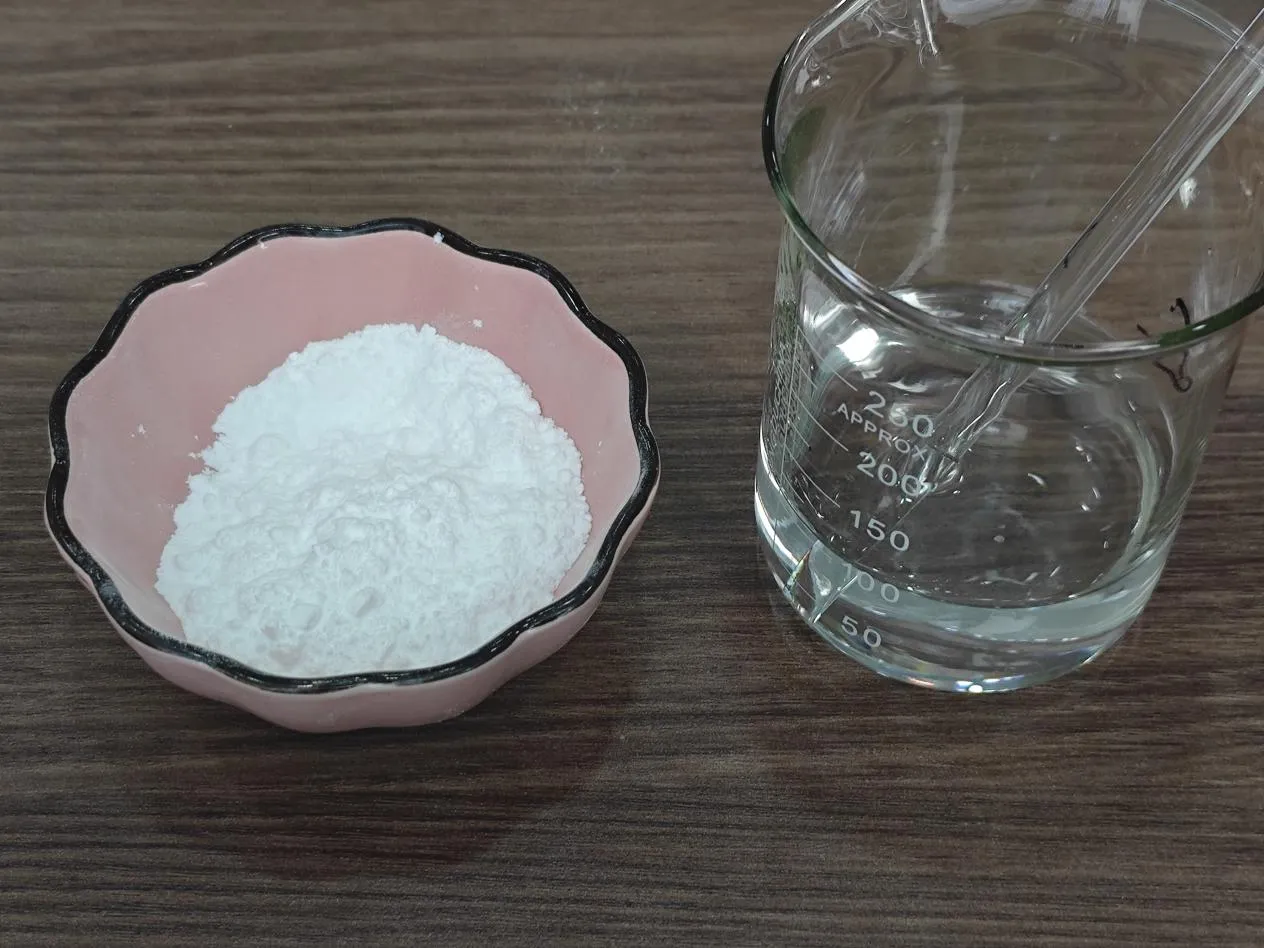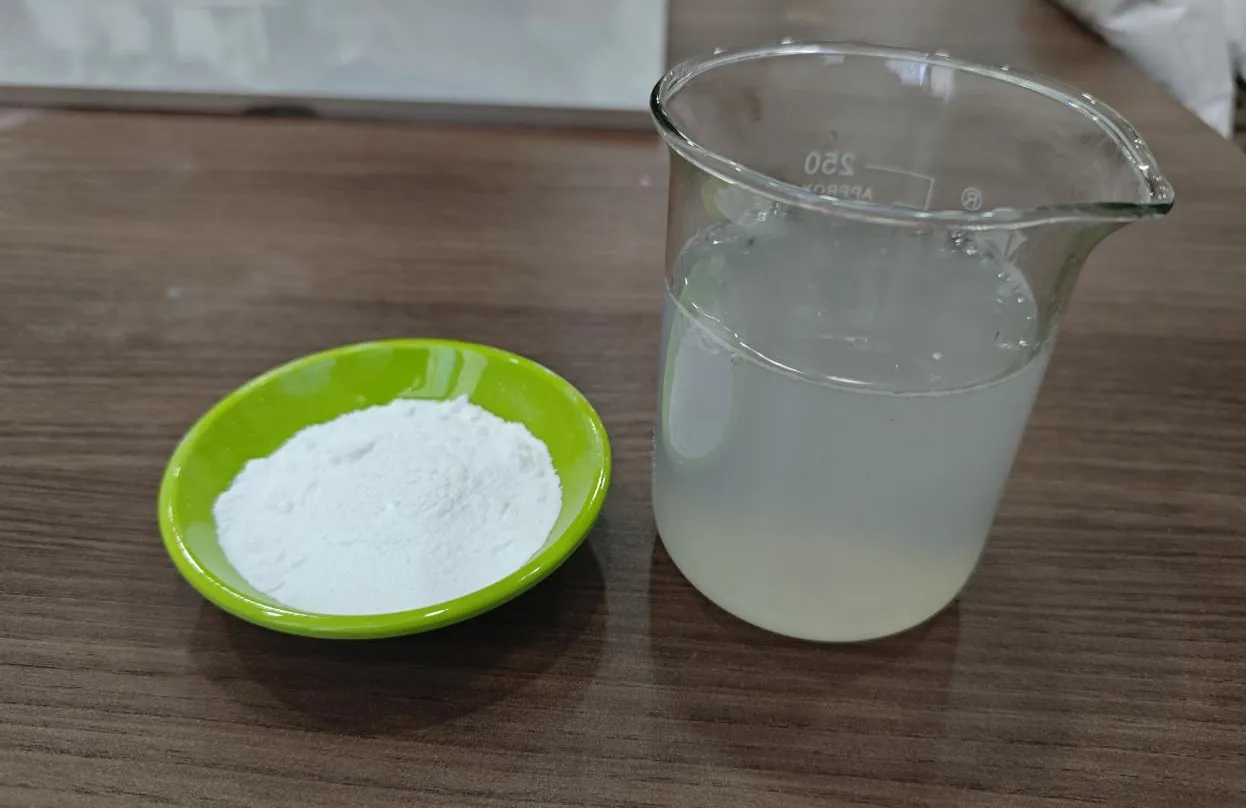
Understanding Antifoaming Agents
Foam formation is a common challenge in various industries, including food processing, pharmaceuticals, and wastewater treatment. Excessive foam can hinder production efficiency, cause product contamination, and lead to equipment malfunctions. To address this issue, agen anti busa are widely used to control and eliminate foam. These agents are essential in ensuring smooth industrial operations and maintaining product quality.

Types of Antifoaming Agents
There are several jenis agen antibusa available, each designed for specific applications. These agents work by destabilizing foam, reducing its surface tension, and preventing the formation of stable bubbles. The primary categories of antifoaming agents include:
Silicone-Based Antifoams – These are the most commonly used chemical antifoam agents. Made from polydimethylsiloxane (PDMS) or modified silicones, they are highly effective in controlling foam in industrial processes such as wastewater treatment, chemical manufacturing, and food processing.
Oil-Based Antifoams – These bahan kimia anti busa contain oils such as mineral oil, vegetable oil, or white oil, often combined with hydrophobic particles like silica to enhance their defoaming ability. They are widely used in lubricants, paints, and coatings.
Water-Based Antifoams – These agents are often used in applications where compatibility with aqueous systems is required. They contain surfactants and polymers that help break down foam effectively.
Powder Antifoams – Used in powdered detergents, cement, and other dry applications, these agents release active ingredients upon contact with liquids to suppress foam formation.

The Role of Natural Antifoaming Agents
As industries move towards sustainable solutions, agen antibusa alami have gained popularity. These alternatives provide an eco-friendly approach to foam control without compromising effectiveness. Some common agen antibusa alami include:
-
Plant-Based Oils– Vegetable oils such as soybean, sunflower, and coconut oils have defoaming properties that make them ideal for food processing and pharmaceutical applications.
-
Beeswax and Lecithin– These natural substances act as foam suppressors in food production, cosmetics, and fermentation processes.
- Fatty Acids and Waxes– Derived from plant sources, these compounds help in breaking down foam in various formulations while maintaining biodegradability.
While chemical antifoam agents are highly efficient, agen antibusa alami offer an environmentally friendly alternative with minimal impact on human health and ecosystems. Many industries are now incorporating agen antibusa alami to align with sustainability goals and regulatory requirements.

Choosing the right agen anti busa depends on the industry, application, and environmental considerations. Whether using chemical antifoam agents or opting for agen antibusa alami, it is crucial to select a solution that effectively controls foam without affecting the overall process. As innovation continues, newer bahan kimia anti busa with enhanced performance and eco-friendly properties will emerge, ensuring efficiency and sustainability across industries.
-
Wholesale Powder Water Reducing Admixture CP1000: High-Performance Concrete SolutionsNewsAug.04,2025
-
Water Reducing Admixtures in Concrete: Types, Mechanisms, and ApplicationsNewsAug.04,2025
-
Understanding Water Reducing Admixtures in Concrete: Types, Benefits, and Market InsightsNewsAug.04,2025
-
Understanding Redispersible Polymer Powder :Applications and Market InsightsNewsAug.04,2025
-
Redispersible Polymer Powder: Applications and Market InsightsNewsAug.04,2025
-
Polycarboxylate Water Reducers: High-Performance Solutions for Modern ConcreteNewsAug.04,2025





















